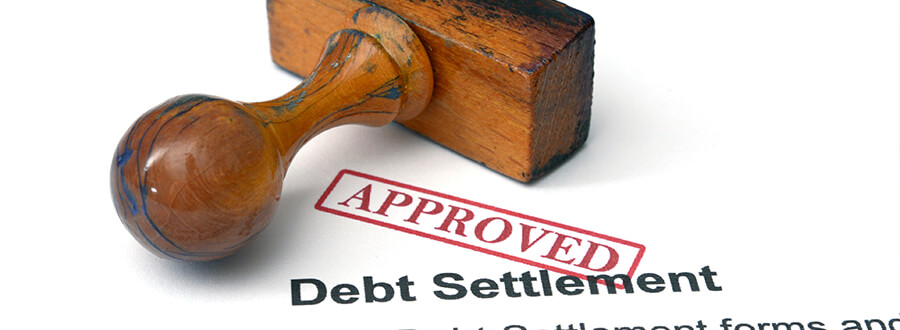Key Points
- Debt settlement can provide immediate financial relief if you are struggling to keep up with high levels of unsecured debt
- Debt Settlement Companies, or law firms that negotiate debt payoffs on your behalf negotiate with your creditors to resolve your debt for less than amount owed, resulting in a significant reduction of the balances owed.
- Most consumers can become debt free in three to five years, paying much less than the amounts originally owed.
- Debt settlement is an accepted and regulated industry with licensing required in most states across the US.
- Consumer burdened with high interest debt may be able to reduce or eliminate their debt in 24-48 months and pay only a fraction of the original balance owed.

Pre-pandemic debt levels hit a historic high of $14.3 trillion in the first quarter of 2020, which eclipsed the previous peak of $12.68 trillion reached in the third quarter of 2008. Supported by a strong job market and low-interest rates, consumer confidence led to a willingness to accept higher debt balances.
Today, the spread of COVID-19 rages in the US, and mandatory lockdowns continue to shutter millions of businesses. As a result, you may find yourself in a vastly different financial position than a few months ago. With the unemployment bonuses ending and moratoriums on evictions and utility shutoffs winding down, you may wonder how you will keep bills current when your income has not yet recovered.
If you find yourself in a position where you battle to pay the minimum balances on your unsecured debt, it may be time to investigate repaying some bills through an approved, regulated, debt settlement program.
The Goal of Debt Settlement
Debt settlement companies specialize in negotiating with creditors of unsecured debts to lower the amount required to pay off the current amount of the debt owed.
How Debt Settlement Works
Partnering with a debt settlement company, or a law firm who specializes in representing consumers in matter related to the resolution of their debts, begins with a review of your current finances. Your credit advisor will discuss your current financial situation and review your debt levels in relation to your income, along with your short-term and long-term financial goals. When you enroll with a debt settlement provider, or a law firm, you decide which accounts to include in the program and start making monthly payments into a special purpose savings account which you own and you control. This account will be used to build up a balance that experienced debt negotiators will use to negotiate favorable terms to pay off your outstanding debt at a fraction of the amount owed.
Once you have accumulated enough cash reserves, your credit advisor will begin negotiations you’re your creditors. An offer could include a few monthly payments or a lump sum settlement, lower than the original amount owed.
To qualify for a debt settlement program, you must have enough income to contribute to the savings account each month above your essential living expenses. To accomplish this, most consumers stop making regular monthly payments on debts enrolled in the program to quickly build a saving balance against which their debts will be negotiated.
Benefits of Debt Settlement
- You can save thousands of dollars by negotiating a lower payoff on unsecured debt through a debt settlement program. Most consumers pay between 30 and 80% of original debt balances with 45% to 50% being a common range of settlements. Depending on several factors, your results will likely differ, and could be higher or lower.
- The debt settlement company, or law firm handling your case, negotiates for you, allowing you to make a single monthly payment that is significantly less than the minimum amounts due on enrolled accounts.
- The debt settlement process stops most collections calls because creditors work directly with the debt settlement company.
- Through a debt settlement program, most consumers can payoff unsecured debt in three to five years.
Drawbacks of Debt Settlement
- Not all creditors work with debt settlement companies. However, those that generally do not, will work with a law firm representing you in matters related to resolving your debt.
- While litigation or threats of litigation are always something that can become a reality when you carry large outstanding debt balances, having a qualified law firm representing you in these matters can help ensure a favorable outcome.
- While your credit score will temporarily decline due to the non-payment of your accounts while you are building your savings, once your accounts are resolved and settled in full, your credit score can begin to recover almost immediately with a consistent payment history on your remaining credit lines, unlike Bankruptcy that stays on your credit report and negatively impacts your credit score for up to 10 years.
Who is Best Suited for Debt Settlement?
Debt settlement is best suited for individuals experiencing financial hardship with enough income to meet necessary living expenses plus savings contributions earmarked for debt negotiations. You can avoid higher interest payments by delaying new debt for a few years.
Settling unsecured debts offers a better alternative to Chapter 13 bankruptcy if you do not qualify for a Chapter 7. In a chapter 13 Bankruptcy, the court trustee determines how much you must repay each creditor and has greater control over your spending while in the program. Debt Settlement is also a more realistic option than credit counseling for many people, because a credit counseling program requires you to pay the full balance owed in 5 years or less with interest.
